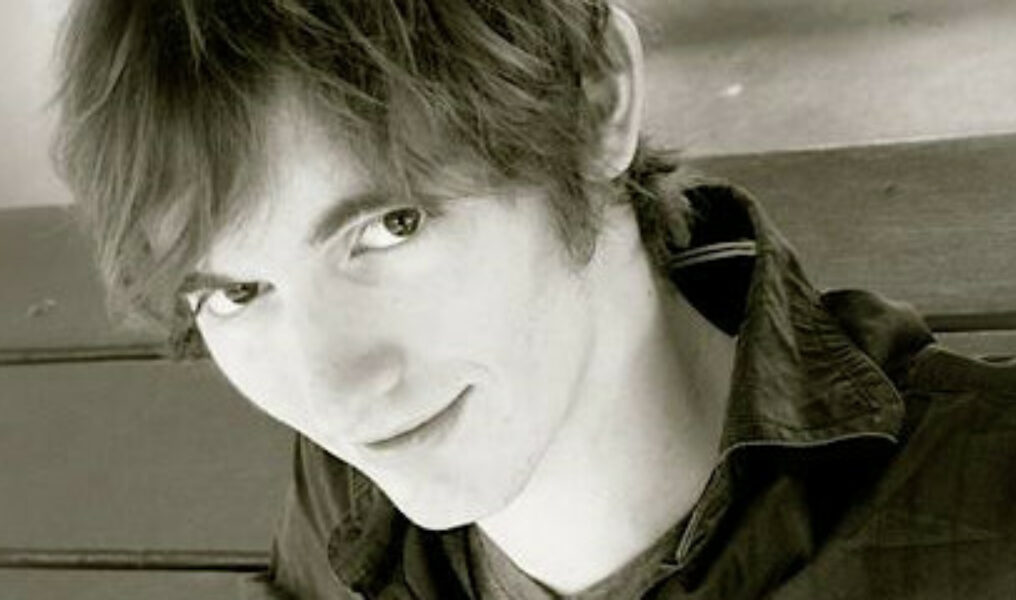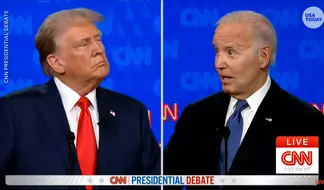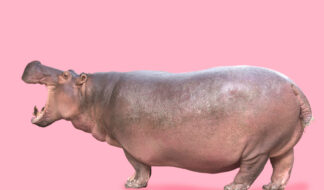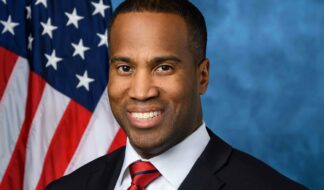Every HIV story is a sad story. And, generally, it's always a surprise story for people, something they weren't expecting.
In January 2014, I was dating a guy in Memphis, Tennessee, named Andre. We fell fast and hard. That spring, we took a cruise ship to the Bahamas. But I quickly became very sick, mostly flu-like symptoms. I couldn't keep any food down, and I felt weak all over. The ship's doctor put me on a lot of drugs, but nothing helped. When we got back to land, the doctors were just as confounded. A week later, it went away.
The onset of HIV goes like that for a lot of people. A week or two long flu and then nothing. Andre and I moved apart when school started back in the fall—him in Memphis, me in Nashville—and we broke up around the holidays when I realized three things: 1) when I had moved out, his ex had moved in; 2) the two of them had been in a relationship again ever since; 3) he and his partner had been HIV-positive since around 2005.
I was diagnosed Jan. 7, 2015, as HIV positive.
Unclean. Filthy. Slut. These were the words I would use to describe myself for most of the year that followed, and, perhaps worse, these were the words that guys would use to describe me to this day on dating apps and websites. Unclean. Filthy. Slut.
When I "came out" online as positive, friends flocked to offer support. Many gave condolences. Many said they were there for me. Some of the older gays would tell me "at least it's not as bad as it used to be." I knew they were trying to be helpful. For me in the moment, it just stung, like I was being told it didn't matter if I had already thought about killing myself almost daily since my diagnosis. "It could have been worse," they said.
Within a couple of months I became undetectable, and I've learned a lot since then. I've presented on "cultural HIV" at the Out in Front Conference at Vanderbilt University, a few scene conferences, a few guest lectures, and a health forum in Michigan in front of a hundred medical practitioners. I call it cultural HIV because, while medicine has decreased the death rate dramatically of HIV, the other more sociological factors have only expanded.
The rate of suicide, according to AIDSMap, has doubled for people living with HIV. It's not hard to imagine why. At least once a week, guys on dating — and yes, hookup — apps and sites tell me to kill myself. People come out of the blue and ask why I'm endangering society. Sometimes, they actually try to use humor. One guy last week said to me, "Y u likin my profile? I dont want your disease LOL." And, on the complete other hand, there are people who will go so far as to fetishize people like me, asking how I "got pozzed" and wondering if I could poz them.
The language and mythos around HIV itself are often what are the most cringey aspects. We live in a society where people are "clean" or "unclean," where people envision people living with HIV to be covered in lesions and cannot be possibly be attractive, and where the only people who get HIV are those "who deserve it": sluts. It does not matter to society how a person actually contracted HIV. Society believes that person must be a slut if they got HIV. They couldn't possibly have gotten it from a romantic partner, right? In my case, that could not be further from the truth.
I still hear from and talk to Andre every once in a while. He is eligible for funding for medication off and on, so his health fluctuates. Every few months, I'll hear of him getting another AIDS-related illness. And I worry about him. The older gays are right: I'm very privileged to live in a time when we do have medication that stops the spread of HIV, and I'm even more privileged to have the Ryan White program so that I can afford that medication (for reference, one time my funding didn't go through, and RiteAid said the medication for a month's supply was $3,000).
But it's definitely a cultural phenomenon now. Being HIV-positive isn't who I am, but it is a part of my identity. And it is for thousands of other people across the country, too. It warrants a lot more exposure than it's currently being given.
Every HIV story is a sad story, but I'm trying to remain optimistic. I'm positive.
I'm Positive










